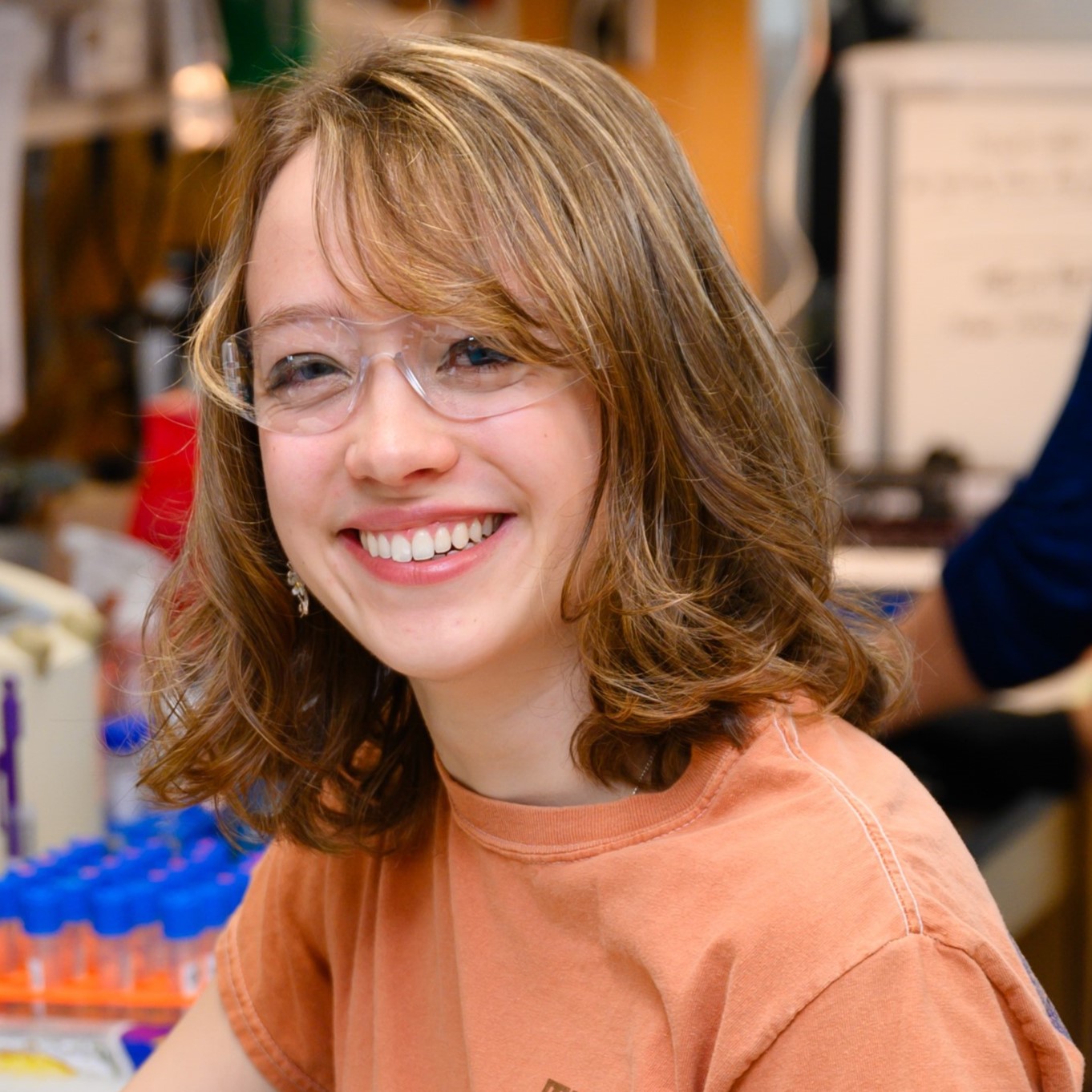Biology & Biotechnology

In the Department of Biology and Biotechnology at WPI, our work goes far beyond the theoretical.
Our faculty members and students are creative problem solvers who are passionate about using biological concepts in innovative, applicable ways. Ranging from cancer biology and infectious disease research to studies of brain plasticity and the health effects of environmental contaminants, student-driven research at WPI is making an impact.
Interdisciplinary collaboration at WPI leads to game-changing breakthroughs.
At our state-of-the-art research facilities, students, faculty, and company researchers collaborate across disciplines. The free exchange of ideas enable critical advances in healthcare, therapeutics, regenerative biology, the environment, and more.
Areas of Study
To learn more about a degree program, click on a corresponding black button in the table below.
| Area of Study Filter by: | Bachelor | Minor | BS/MS | Certificate | Master | PhD |
|---|---|---|---|---|---|---|
| Bioinformatics & Computational Biology | bachelor | master | phd | |||
| This degree is eligible for a dual bachelor + master option. Learn More | ||||||
| Biology | minor | |||||
| Biology & Biotechnology | bachelor | |||||
| Biomanufacturing | Online certificate | |||||
| Bioscience Management | Online master | |||||
| Biotechnology | master | |||||
| This degree is also offered Online. | ||||||
| This degree is eligible for a dual bachelor + master option. Learn More | ||||||
| Global Health | master | |||||
| Global Public Health | minor | |||||
| Life Sciences Management | Online certificate | |||||
| Molecular and Cellular Biology | master | phd | ||||
| Neuroscience | master | |||||
| This degree is eligible for a dual bachelor + master option. Learn More | ||||||
Your Future in Biology & Biotechnology
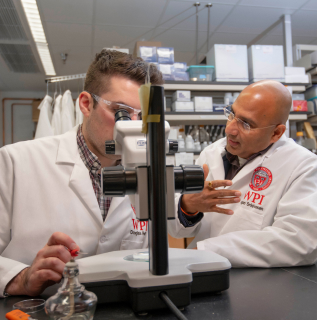
Rewarding Career in Biology & Biotechnology
Bioinformatician, wildlife biologist, geneticist, neuroscience researcher—there’s no limit.
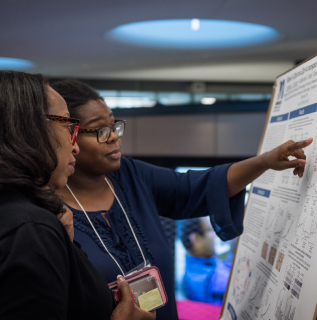
Work for Industry Leaders
WPI biology and biotechnology graduates are hired by top companies like AbbVie, Bristol Myers Squibb, Dana-Farber Cancer Institute, Moderna, Pfizer, and more.
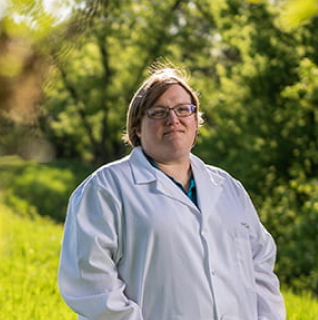
Alumni Story
“I learned to work with people. Knowing how to deal with various stakeholders, managing their respective needs and wants, that all came from WPI.”
Interested in Studying at WPI?
Student Spotlight
Hands-On Learning in State-of-the-Art Facilities

Build Career-Ready Skills Using the Latest Tech
As a student, get unmatched access to real-world technology and applications in our cutting-edge laboratories and facilities, including the Neurotechnology Suite, Biomanufacturing Education and Training Center, PracticePoint, and Cell Engineering Research Equipment Suite. You’ll gain professional experience by assisting WPI researchers and industry partners with study runs, product tests, protocol development, and more.

Solve Real-World Problems & Make an Impact
Take the hypothetical and make it real. With our project-based learning model, you’ll apply biology and biotechnology concepts to concrete problems, playing a meaningful role in improving the health of our planet and its inhabitants. Just as important, these projects will build your confidence, leadership, collaborative, and critical thinking skills. It’s not just what you learn, but how you learn, that will transform your future.

Work Together on the Next Big Thing
WPI was built for discovery. Our facilities, labs, workshops, and studios all exist to facilitate cross-discipline research. Whether it’s with classmates, faculty, or corporate partners, you’ll benefit from new perspectives and immerse yourself in work you’re passionate about.

Practicums, Internships & Workforce Trainings
Biomanufacturing Education & Training Center:
Biology & Biotechnology ProjectLab:
Life Sciences & Bioengineering Center:
UMass Chan Medical School:

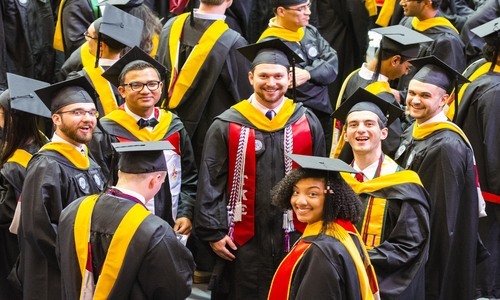
Advance with the BS/MS Dual Degree Program
Fast-track your education and career with the BS/MS program by earning a dual degree―an accelerated academic pathway to both a bachelor’s degree and a master’s degree. Saving both time and money while building advanced knowledge and skills could help you stand out in today’s competitive job market. Discover more about the BS/MS program and your options to earn a BS/MS dual degree at the links below.
Q&A with Professor Karen Oates

The professor of biology and biotechnology answers questions about the Master of Science in Global Health.
Alumni Success Story

Breaking New Ground for Women’s Health
With Opal Therapeutics, Morgan Stanton, PhD ’14, accelerates the development of new treatments for gynecological diseases and disorders.
Global Impact

A Relationship Deeper than Surface Beauty
Students gain hands-on experience in environmental conservation at the Hawaii Project Center, developing impactful IQPs that deepen their understanding of native ecosystems and Hawaiian culture.
Donor Profile

Trae and Steve Vassallo ’93
These donors committed a seven-figure philanthropic gift to establish the Dr. Helen G. Vassallo Distinguished Presidential Professorship in memory of Steve’s mother.

